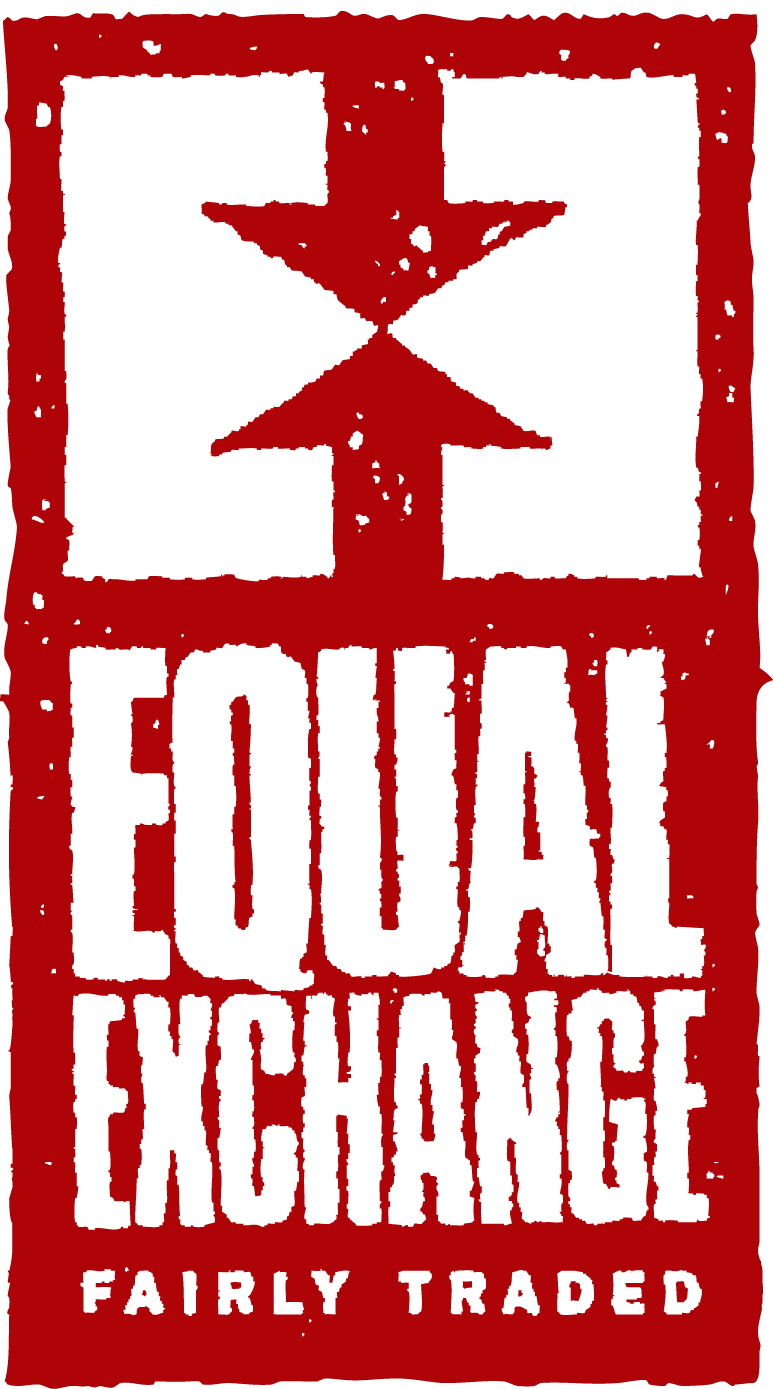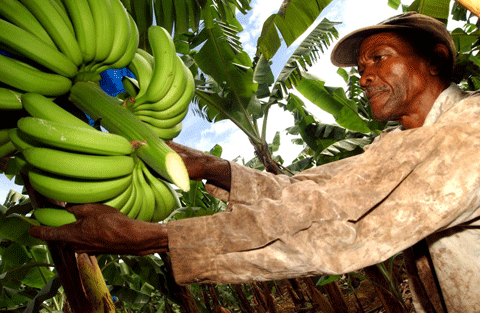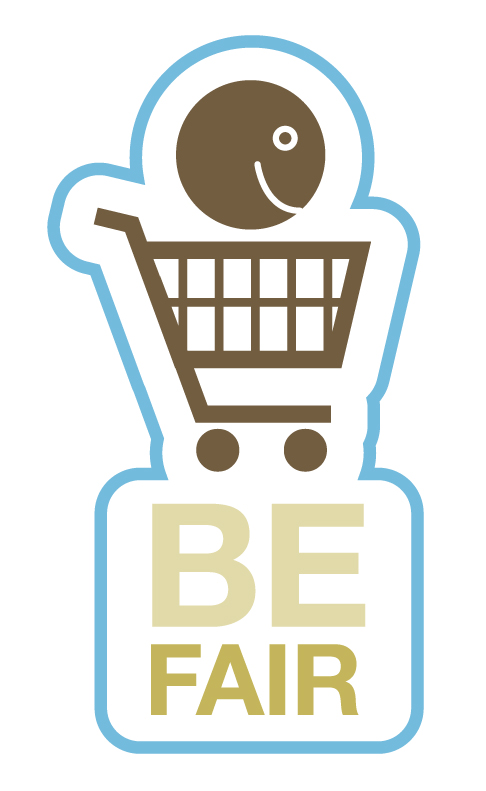The Basics of Fair Trade
/ How many of you have heard of Fair Trade? I’d imagine many of you have.
But how many could actually define it, or discuss it, or even promote it? My guess is not as many.
How many of you have heard of Fair Trade? I’d imagine many of you have.
But how many could actually define it, or discuss it, or even promote it? My guess is not as many.
That was the case for me until recently. Recognizing that I’d heard a lot about Fair Trade but that I couldn’t actually talk about it at length with anyone, I felt the need for some information and education.
Enter my local Net Impact chapter and the event they hosted this week featuring Rodney North, self-proclaimed “Answer Man” from Equal Exchange.
Equal Exchange is a 24 year-old organization started by three guys trying to answer a question: “What if food could be traded in a way that is honest and fair, a way that empowers both farmers and consumers?”
As the founders saw it, there were three key problems they felt needed to be addressed:
- Chronic, generational poverty amongst the tropical farming population, especially coffee farmers. Interestingly, they noted that while coffee farmers kept getting poorer and poorer, the industrialized nations that drank the coffee kept getting richer and richer.
- Exploitative and undignified working conditions in the U.S., which they felt warranted the creation of a new democratic and cooperative business model.
- Uninformed and disempowered consumers that were unaware of the environmental and social problems present in various production supply chains and marketplace systems.
With all of this in mind, Equal Exchange set out to create an organization that would tackle these three crucial issues.
Today, Equal Exchange sources fair trade coffee, tea, chocolate, bananas, nuts and berries from farmer-owned cooperatives in Africa, Asia, Latin America, and the United States. In their own words:
At Equal Exchange, we’ve created a different path to the market – one that brings farmers closer to you, and delivers more of your dollars to their communities. We do this by partnering with small-scale farmer co-ops that are democratically organized, which means they make decisions on their terms. Through this model, we believe food can become a delicious and powerful tool for creating Big Change for small farmers, their families and communities.
According to Rodney and the Equal Exchange website, Fair Trade encompasses a number of practices and ideals meant to provide adequate protection and support to growers, as well as increased assurance and certification for consumers. Some of these include:
- Direct purchasing from the farmer cooperatives themselves – ie: no middlemen
- Agreed-upon floor pricing for commodities so that even in times of financial crisis, farmers earn a living wage
- An extension of credit by Equal Exchange and other importers so that farmers may invest in new resources and technology to grow a higher quality product
- A fee paid by importers and wholesalers to cover the costs associated with Fair Trade certification
- A seal attached to each and every product ensuring certified status to the consumer.
As Rodney put it so cleverly: “We don’t teach a man to fish. We just stop stealing from him.”
And whether it’s through the fair prices they pay farmers, the kind of cooperative organization they’ve created, or the partnerships they’ve built with consumer and faith-based organizations, it’s clear that Equal Exchange is pushing forward with its mission of creating a “more equitable, democratic and sustainable world”.
As the talk wound down, Rodney touched on a couple of points that I thought were worth sharing.
When asked about Equal Exchange’s goals for the future, Rodney said that the organization’s explicit purpose is to be an example for others to follow. As an organization, Equal Exchange can only buy so much coffee itself! So its goal is to create a model that others can emulate. And, he said, the one good thing about our economic system is that organizations copy models that work.
He pointed to McDonald’s, Dunkin Donuts and Ben & Jerry’s as examples of companies that have gotten into using Fair Trade products. While most would argue their intentions are purely based on maintaining or growing market share, Rodney still sees this as a success – because regardless of their intentions, they're still supporting Fair Trade principles and practices.
Finally, and I thought very insightfully, someone brought up the topic of the “Local Food” movement – that is, the idea of eating locally to promote more sustainable agriculture and food production.
“How does Fair Trade,” the attendee asked, “align with or diverge from the goals of eating locally?”
After admitting that the idea of eating locally can be problematic for Fair Trade proponents, Rodney said the best Equal Exchange can do is provide information and education to consumers looking to learn more. He also pointed out that some products – like coffee, for instance – just can’t be sourced locally.
So, while a neighborhood coffee shop might want to serve sustainably-produced beans, their best bet is to stick with fairly-traded, overseas products versus anything artificially produced closer to home.
neighborhood coffee shop might want to serve sustainably-produced beans, their best bet is to stick with fairly-traded, overseas products versus anything artificially produced closer to home.
All in all, a terrific night of learning, conversation, and food for thought (no pun intended). I encourage you, the next time you’re wandering the grocery aisles, to think about where your bananas or nuts or chocolate came from.
By being thoughtful and educating ourselves about the origins of our food and the people who produce it, we can go a long way in supporting the important mission of organizations like Equal Exchange.
Happy grocery shopping!

